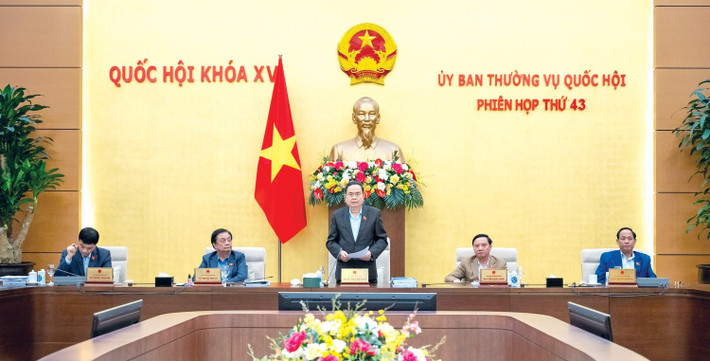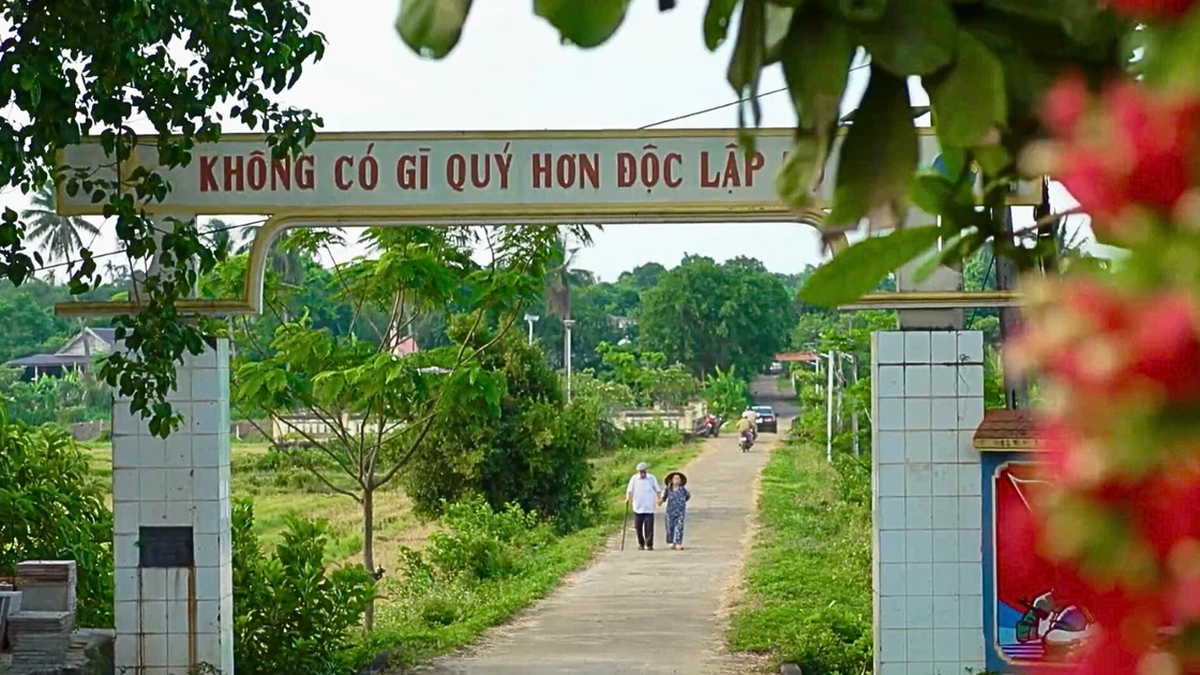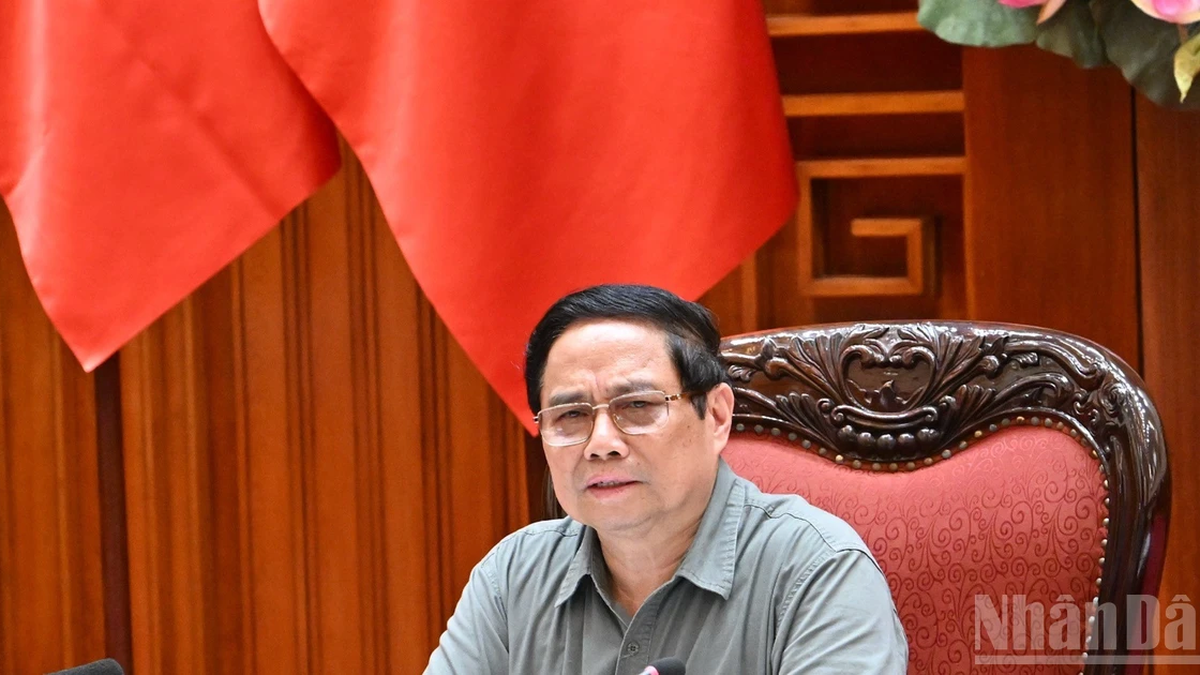
To address the above issue, the bill has added a general provision that “in case other laws have provisions on corporate income tax incentives that are different from the provisions of this Law, the provisions of this Law shall apply” . However, Chairman of the Law and Justice Committee Hoang Thanh Tung said that with this provision “we will invalidate many regulations”.
For example, the Law amending and supplementing a number of articles of the new Pharmacy Law, which was passed by the National Assembly at the 8th Session and will not take effect until July 1, has a provision regulating cases of investment in establishing new or expanding pharmaceutical technology research and development activities in priority areas with a total minimum investment capital of VND3,000 billion and disbursement of VND1,000 billion in the first 3 years. The Law also provides for corporate income tax incentives, but if applied to the above provisions of the draft Law on Corporate Income Tax, only a part of Article 8 of the Pharmacy Law can be applied, not the entirety of Article 8.
Or the Capital Law, the National Assembly Resolutions on piloting specific policy mechanisms for some localities, some key projects such as the North-South high-speed railway... also have preferential provisions on corporate income tax that are superior to the Law on Corporate Income Tax. If according to the above supplemented provisions of the Corporate Income Tax draft, how will the superior policies in some pilot Laws and Resolutions be implemented?
Another example is that the chemical industry, as a fundamental industry, has a very important position and role in the cause of industrialization and modernization of the country, contributing to ensuring national security and defense, but it is very difficult to attract investment, localities are not interested, and are concerned about the risk of pollution, so it is necessary to have strong enough mechanisms and policies to promote development, including tax incentives. However, when giving opinions on the draft Law on Chemicals (amended), the National Assembly Standing Committee agreed that tax incentives must be stipulated in tax laws.
“If we are not clear about the policy, the provisions in the upcoming Chemical Law and corporate income tax incentives in some laws will be nullified by this law (Corporate Income Tax Law - PV) or we will not be able to implement the Party's policy,” the Chairman of the Law and Justice Committee emphasized.
The scattered provisions on tax incentives in specialized laws will cause many difficulties in the process of implementing and applying the law. Even in recent draft laws, such as the Chemicals bill (amended), the Railways bill (amended), etc., the National Assembly Standing Committee also agreed on the view that tax incentives must be centrally regulated in tax laws.
National Assembly Chairman Tran Thanh Man in the 43rd Session also emphasized the need to unify the principle of tax incentives that should be stipulated in legal documents on tax, and should not integrate tax incentive policies in specialized laws to ensure the overallness and consistency of the tax incentive system.
Thus, the agencies in charge of reviewing and drafting the revised Law on Corporate Income Tax must focus on carefully reviewing the laws that have been passed, especially special laws such as the Law on the Capital, Resolutions on piloting specific and special mechanisms and policies, etc. If there are provisions on corporate income tax incentives, there must be a reasonable solution to avoid "invalidating" existing regulations while still ensuring the consistency of the legal system. With the bills being submitted to the National Assembly, from the drafting stage, there must be a consistent viewpoint: tax incentives should only be stipulated in legal documents on tax, proposals for tax priorities and incentives in specialized bills need to be carefully reviewed and evaluated to propose regulations right in the revised Law on Corporate Income Tax.



































































































Comment (0)